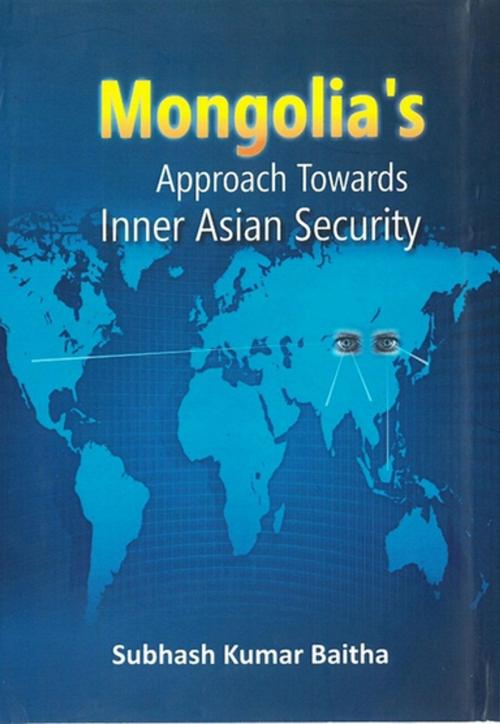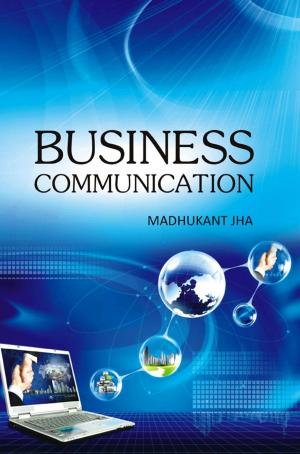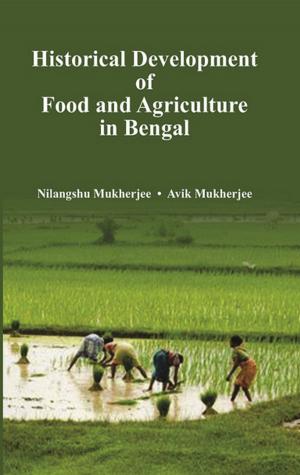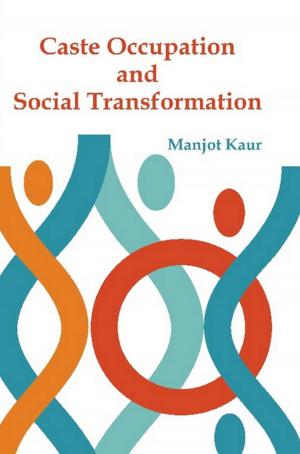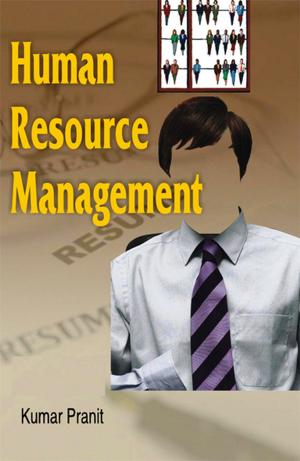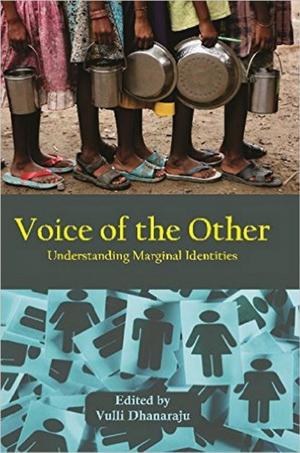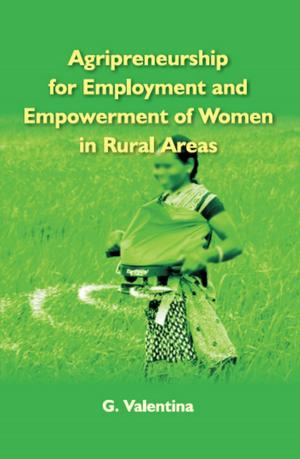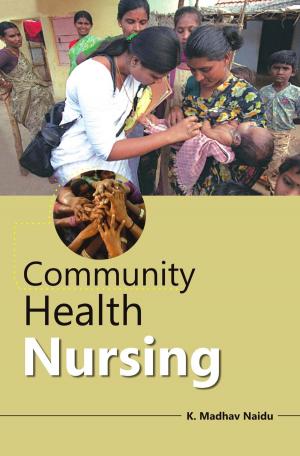Mongolia's Approach Towards Inner Asian Security
Nonfiction, Social & Cultural Studies, Political Science, International, International Relations| Author: | Subhash Kumar Baitha | ISBN: | 9789380229454 |
| Publisher: | GenNext Publication | Publication: | June 30, 2014 |
| Imprint: | GenNext Publication | Language: | English |
| Author: | Subhash Kumar Baitha |
| ISBN: | 9789380229454 |
| Publisher: | GenNext Publication |
| Publication: | June 30, 2014 |
| Imprint: | GenNext Publication |
| Language: | English |
Having a rich historical legacy with proud traditions of statehood and foreign relations for which this country can be considered as the cradle of Inner Asia. Geographically positioned as a landlocked country it is surrounded completely by Russia and China. Mongolian history was dotted with few significant events for nearly two centuries. In the post-1991 fest, due to the forces of globalisation different forces are shaping the contours of both bilateral and multilateral relations. After the Breakup of the USSR, and the total cut in the vital Soviet economic assistance, Mongolia also turned their attention to the world community, expanding their search for multilateral partners and donors to replace the former patron. Various domestic and external factors responsible for changes in the foreign policy of Mongolia. Mongolia's foreign policy aims to securing its sovereignty, security and economic independence rather than remaining dependent on an external power as was the case during Soviet days, and also Mongolia pursues a multi-pillar foreign policy with other democratic countries to consolidate its national interest
Having a rich historical legacy with proud traditions of statehood and foreign relations for which this country can be considered as the cradle of Inner Asia. Geographically positioned as a landlocked country it is surrounded completely by Russia and China. Mongolian history was dotted with few significant events for nearly two centuries. In the post-1991 fest, due to the forces of globalisation different forces are shaping the contours of both bilateral and multilateral relations. After the Breakup of the USSR, and the total cut in the vital Soviet economic assistance, Mongolia also turned their attention to the world community, expanding their search for multilateral partners and donors to replace the former patron. Various domestic and external factors responsible for changes in the foreign policy of Mongolia. Mongolia's foreign policy aims to securing its sovereignty, security and economic independence rather than remaining dependent on an external power as was the case during Soviet days, and also Mongolia pursues a multi-pillar foreign policy with other democratic countries to consolidate its national interest
